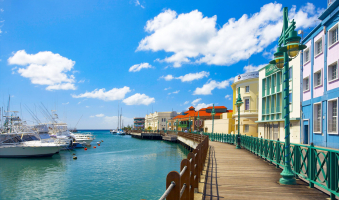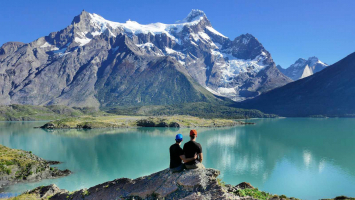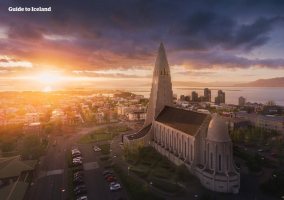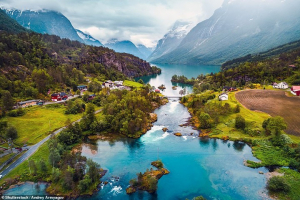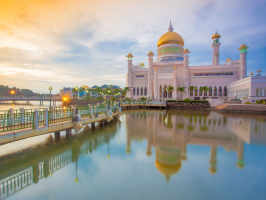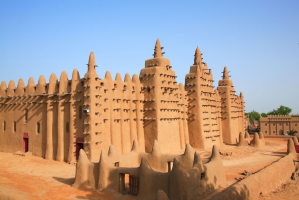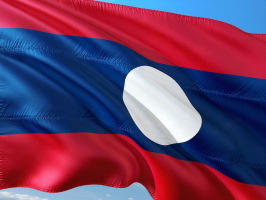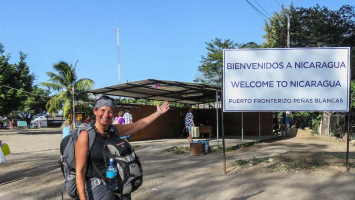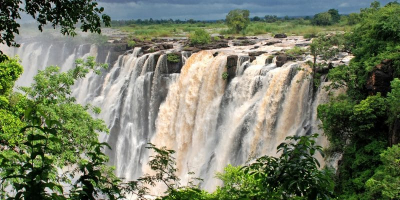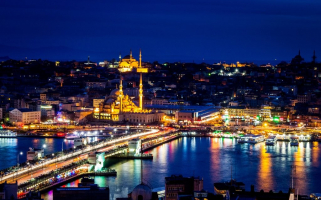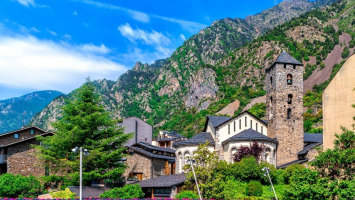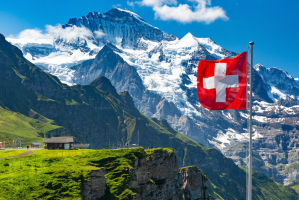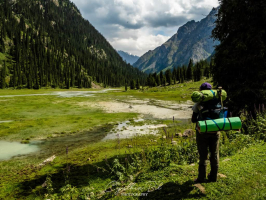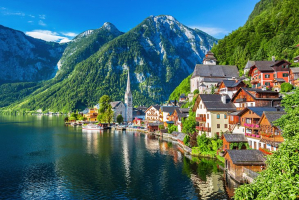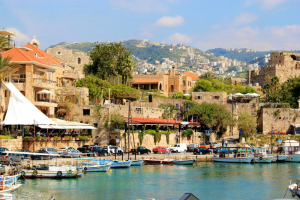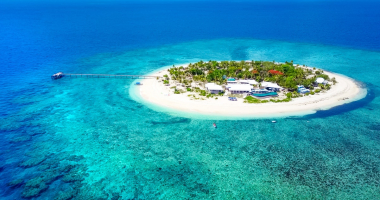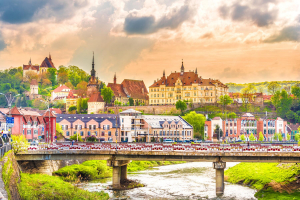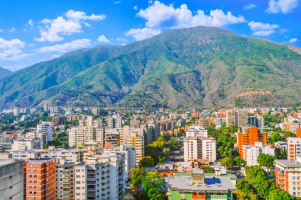Top 10 Things About Taiwan You Should Know
Once known as the manufacturing hub of Asia, Taiwan is now better known as a tourist destination and one of the best places to experience Asian culture. Things ... read more...are much easier for ex-pats and tourists than they were in the past but there are still a few things travelers should know before heading to what the Portuguese once named ‘The beautiful island.’ Here are the top things about Taiwan you should know.
-
The first thing about Taiwan you should know, of course, is that will book airline tickets and prepare passports and visas. Applying for a visa to Taiwan is very important because Taiwan is one of the countries with quite strict regulations on entry and exit. To get a visa to travel to Taiwan, you need to have all the conditions: have a round-trip air ticket or a ticket to the next destination; a passport valid for 6 months from the date of entry to Taiwan and not yet working abroad. There are 2 ways for you to get a visa, which are to apply for a visa online or to ask for a representative office/embassy. To apply for a free online visa, visit the website https://niaspeedy.immigration.gov.tw, select the appropriate language, then fill in the information in the available form and submit it online to the Ministry of Internal Affairs for consideration. If successful, you will receive a visa certificate by email, print the certificate out and it is a valid visa for you to enter and exit. If you are not approved, go to an authorized representative office for advice and assistance with your visa application, but you will have to pay a fee.
When you arrive at the airport, you must bring full identification such as an ID card, passport, visa, and a little cash in case the airport requires payment. However, if you have a visa to the US, Korea, Australia, and the countries of the Schengen block before and still have time, you will be exempted from a visa to Taiwan.
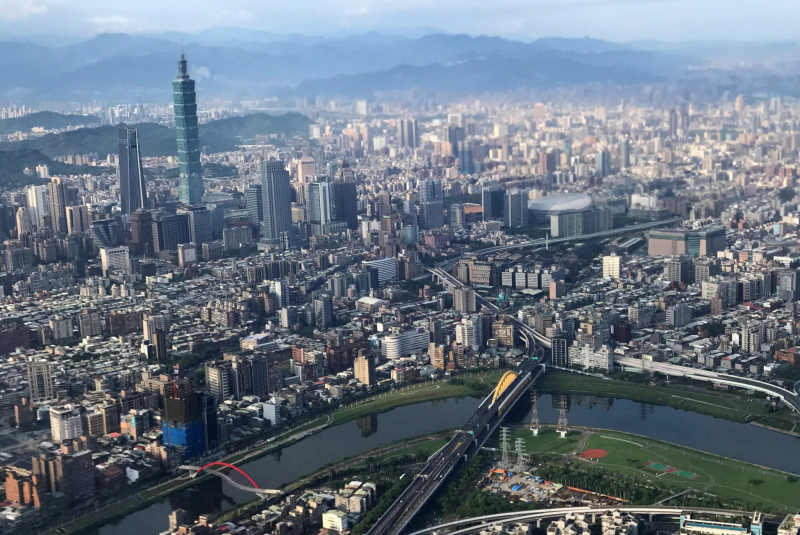
eastasiaforum.org 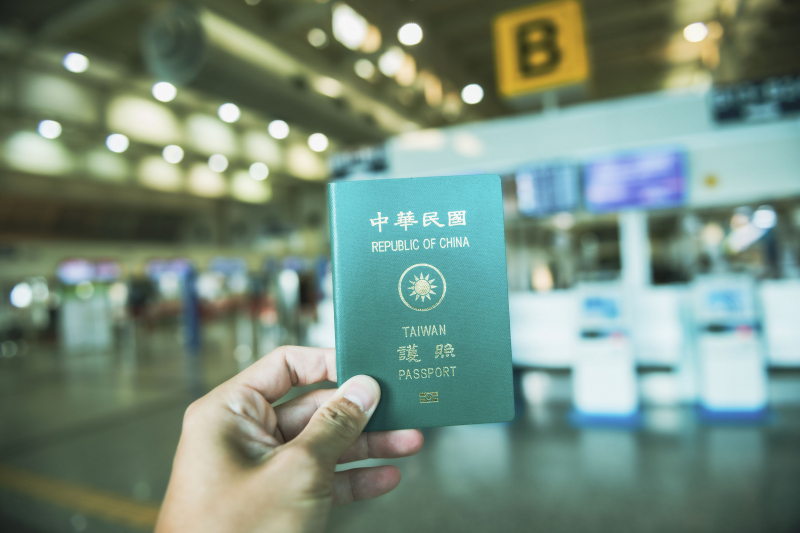
nspp.mofa.gov.tw -
After you have made sure you have a flight to Taiwan with all the necessary documents, go to exchange money so that you can spend it quickly. And it definitely is the second thing about Taiwan you should know. In Taiwan, normally Taiwan will use Taiwan Dollar (TWD) or Yuan (CNY), and only a few large stores can use USD only. You can also use a payment card, but the use of the card will face many limitations, especially when you go to the night market or want to experience popular shops or street food. Therefore, you should prepare cash to be able to be proactive and comfortable shopping in Taiwan. Regarding the Taiwan Dollar, the banknotes are available in denominations of 50 yuan, 100 yuan, 500 yuan, 1,000 yuan, and 2,000 yuan. In terms of metal coins, Taiwan has denominations: 1 yuan, 5 yuan, 10 yuan, 20 yuan, 50 yuan, and 5 jiao.
You will have two options, firstly you change to USD, and then when you come to Taiwan, you can change to TWD. But if so, you still have to change a little TWD to still spend your initial expenses like taxi fare or you want a snack little something. The second way is to change to TWD. Follow the exchange rates from official government websites first, then ask some shops for prices and then exchange money to make sure you don't lose a good amount of money just because you trade money at a too high rate. Another point to note is that you cannot bring more than 60,000 TWD when entering, but there is no limit to USD, you only need to declare to customs if you get more than 10,000 USD.
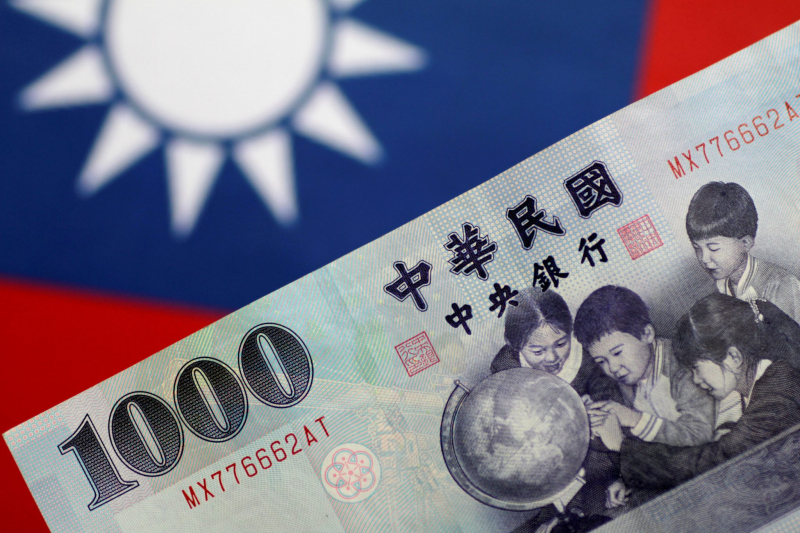
eastasiaforum.org 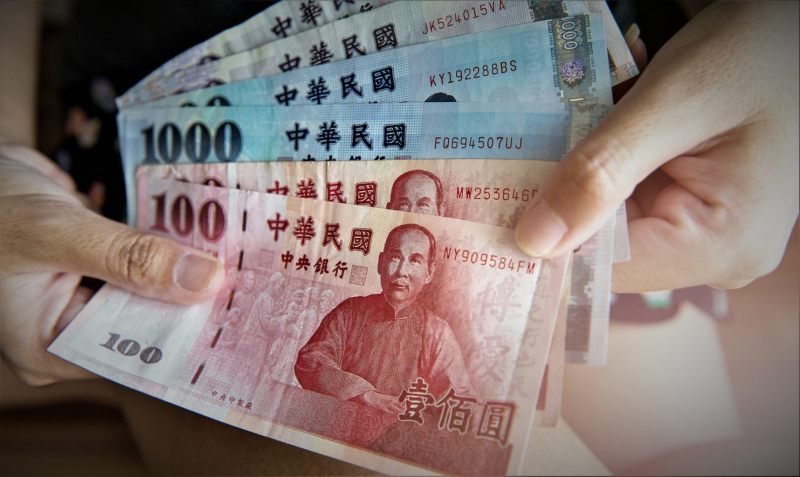
newsbeezer.com -
Another thing about Taiwan you should know is moving. The most common and simplest is to use a taxi. However, with a relatively high fee, many self-sufficient tourists traveling to Taiwan prefer to choose to ride bicycles. In Taiwan, you can easily find public parking lots with bicycle rental services. After paying by credit card or EasyCard, you have a new bike at a very low rental price. You also do not need to return to the original rental car park to return the car, but simply return it to the parking lot available everywhere of this service.
The second vehicle that is "quite famous" in Taiwan and moves very quickly, is the THSR high-speed train system, helping you to move flexibly to other inland provinces. This vehicle is suitable when you need to travel long distances, like going from one city to another, modern and very time-saving. Even if you are traveling on your own, renting a motorbike in Taiwan will not be recommended because you must have an international driver's license to be able to participate in traffic. The traffic system is also different and quite difficult to run for most Vietnamese, especially if it is violated, the fine will be very high.
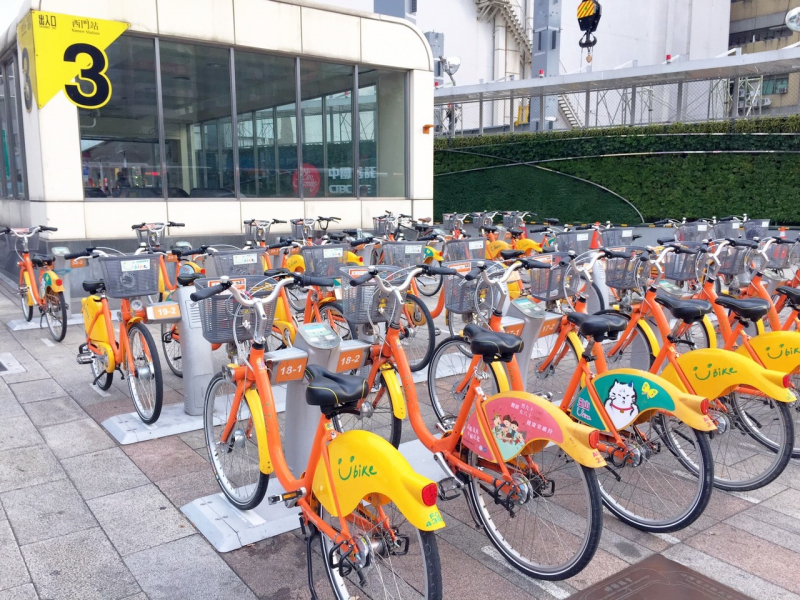
borderless-house.com 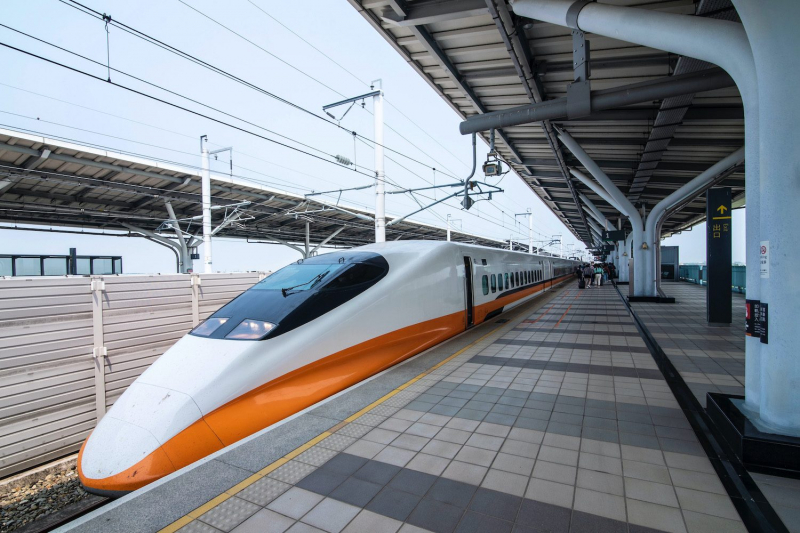
taiwanstartshere.com -
The other 97.7% are ethnically Chinese. This is because Taiwan was ruled by the Qing Dynasty for 200 years from 1683 to 1895. During this time, the locals were pushed out in the same way native Americans, Canadians, Australians and New Zealanders were by Europeans. This isn’t an upbeat Taiwan fact but it’s important to know. Nowadays, there are just 500,000 indigenous people made up of eight different tribal groups. Sadly, their 26 native languages have become almost extinct. Unemployment rates are high and education levels low. However, since the 80s there has been a bit of a revival and several cities host indigenous cultural events.
A revival of national pride has been expressed in many ways by Taiwan's ethnic minorities, including incorporating elements of their culture into pop music. Massive efforts are underway in indigenous communities to restore and revive their cultural traditions and preserve their traditional languages. Some ethnic groups are developing tourism and ecotourism-related industries to increase their economic autonomy and even gain more political and life power.
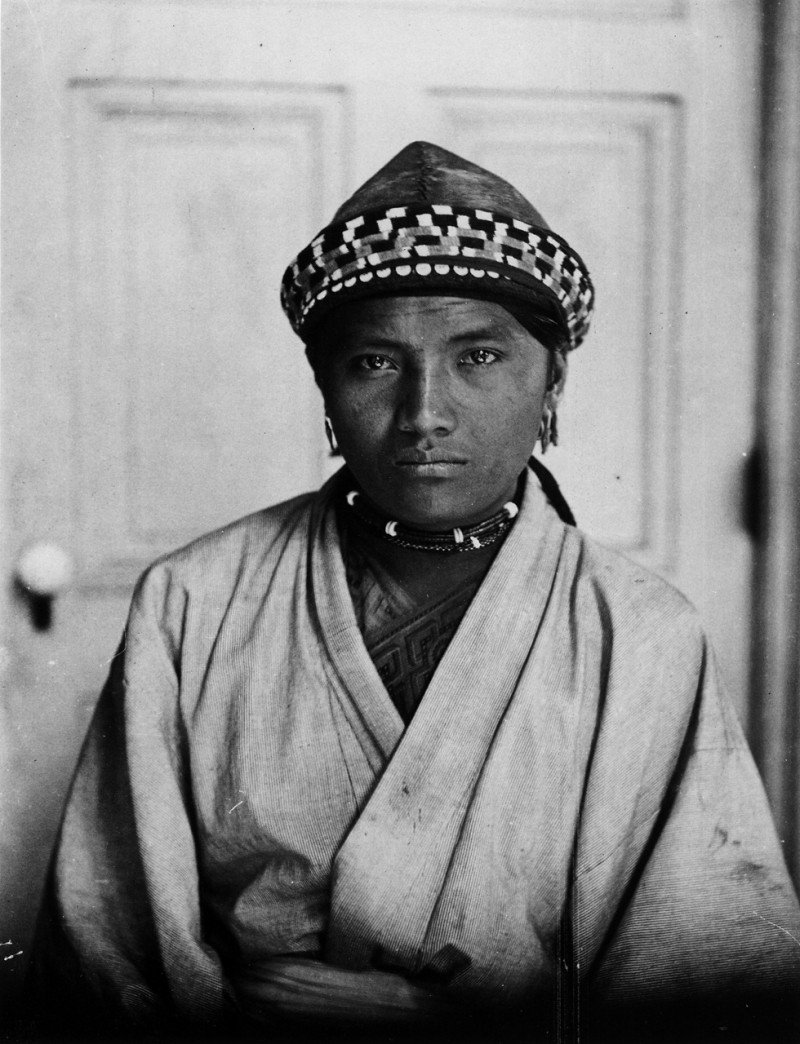
Ryūzō Torii 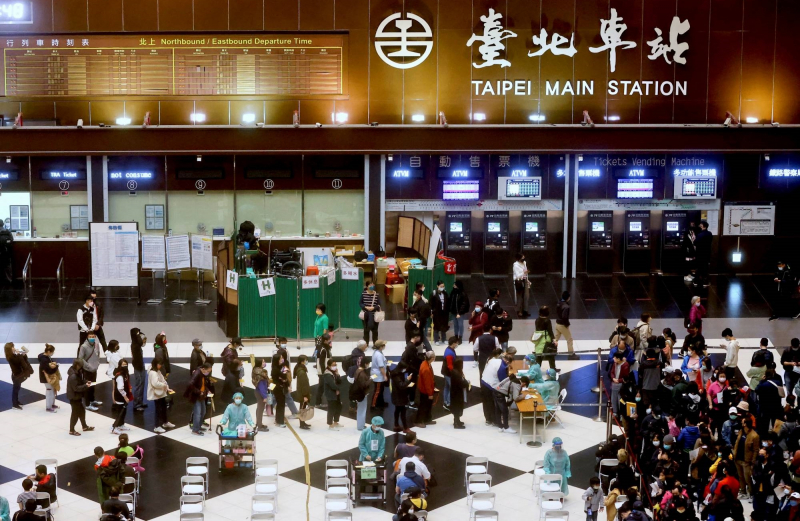
japantimes.co.jp -
In Taiwan, most people use two languages, Mainland Chinese, also known as Mandarin, and secondly Hokkien, English is also widely used here and is printed in Chinese on websites and direction boards. So prepare yourself basic English to communicate although Taiwanese people do not speak English as much as Singaporeans or Hong Kongers, you will definitely need it when you go to places like hotels, and shopping malls. The most basic shopping is at the airport. However, you should have to learn some Chinese sentences to protect yourself because not all Taiwanese know English and not everyone who knows English can speak it easily.
A little tip for those with poor foreign language communication skills, use body language as much as possible or simply download language translation apps to your smartphone that don't need wifi or 3G (in case you go to places where there is no wifi in Taiwan such as snacking places,..).
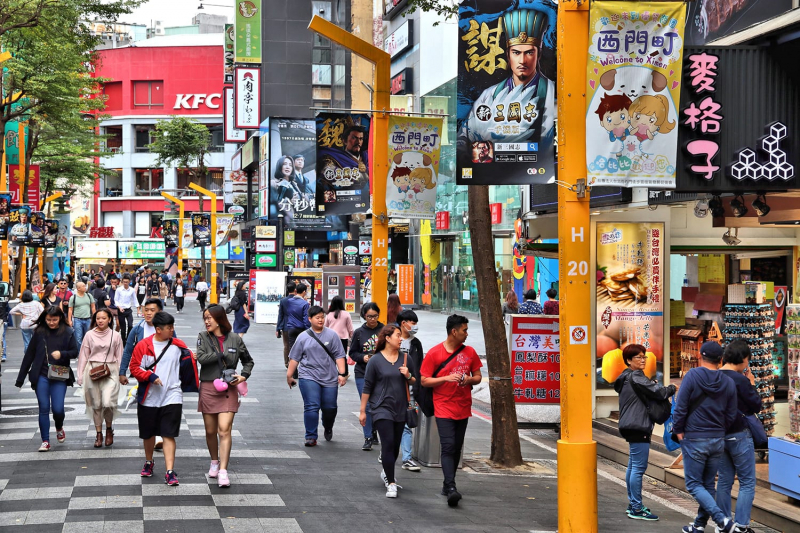
brookings.edu 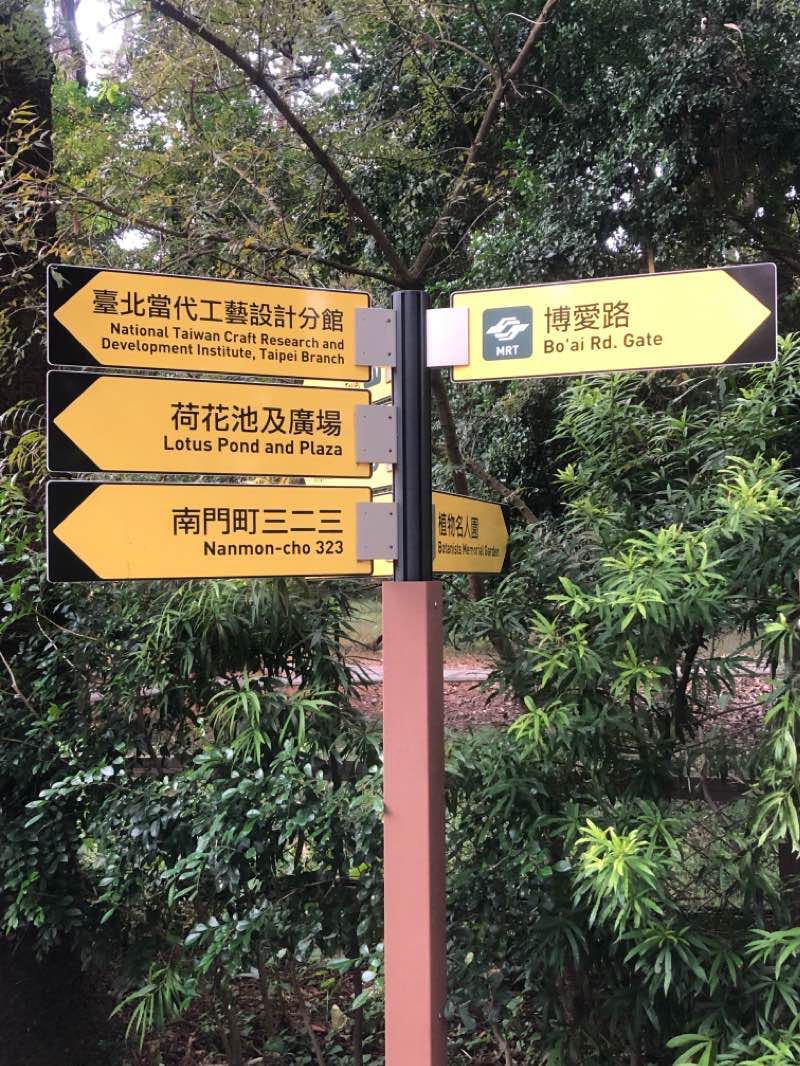
mypacer.com -
Taiwan's art and culture are imbued with Chinese identity because it was originally a part of China. Perhaps that is why the art and culture of Taiwan and Vietnam have many similarities. Typical is the art of traditional puppetry. Puppetry has appeared in Taiwan for a long time. The artists will use their skillful techniques to control the puppets in the most flexible way, creating an engaging story. The unique feature of Taiwanese puppetry is that the show will be accompanied by lively sounds and rhythmic drum beats following the story.
In addition to puppetry, Peking opera is also the face of Taiwanese art and culture. Peking opera is a form of theatrical art that re-enacts a story or legend through the characteristic singing of Peking opera. That song is often compared to the opera of the West. The characteristic of Peking opera is that the performer wears heavy makeup. Although it was once colonized by many Western countries, the core of Taiwan's art culture is still oriental, bearing the spirit of China.
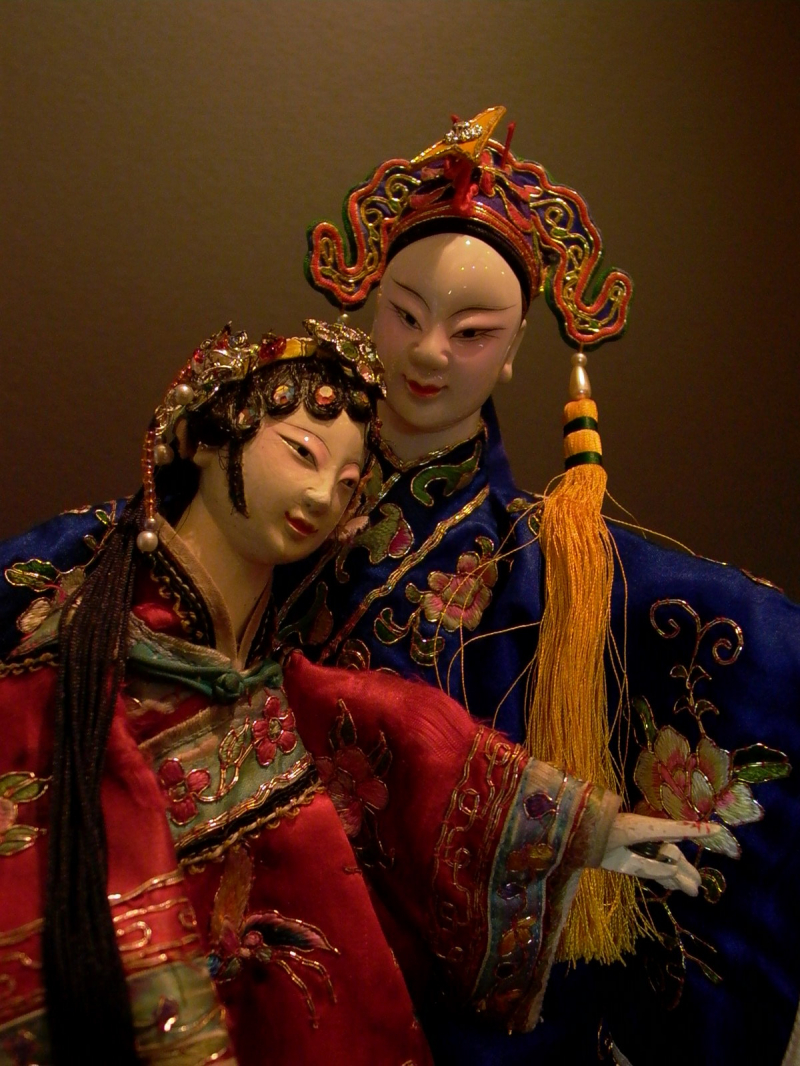
arts.eastwestcenter.org 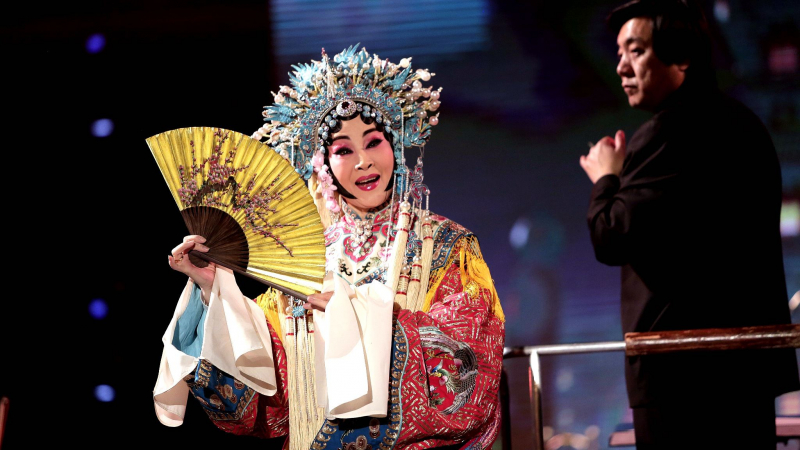
news.cgtn.com -
Taiwanese culture is a potpourri of enterprises and individuals. This eclectic mix includes government workers, artisans, small enterprise entrepreneurs, and farmers. The culture of Taiwan is a classic blend of Chinese culture, including Chinese calligraphy, Chinese opera, and art and painting.
Stinky tofu has a similarity to wet socks in odor but has beaten all odds to take the position of the national dish of Taiwan. If you are traveling to Taiwan and want to sample their Taiwanese culture and the national dish, you can easily find stinky tofu sold by street-side vendors. Stinky tofu is pungent to smell but easy on the tongue.
Would you like to have Boba? If you are visiting Taiwan, your visit is incomplete without bubble tea. The tea is also commonly called Boba. Some tea lovers may also refer to it as pearl tea due to its appearance of milk with tapioca balls. First introduced in the '80s, bubble tea gained popularity in various Asian countries. Today, Boba has many variations, including fruit with coconut jelly.
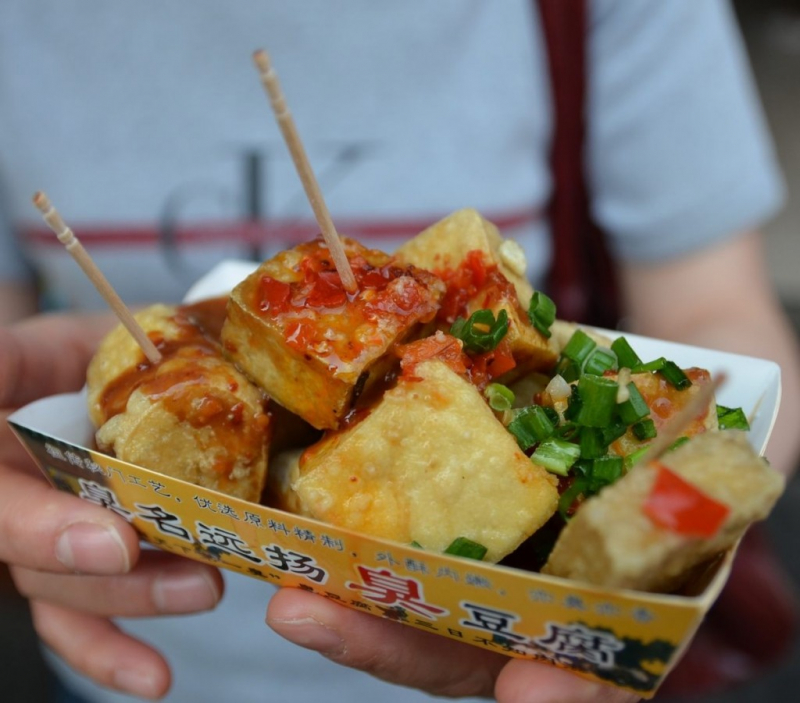
taiwannews.com.tw 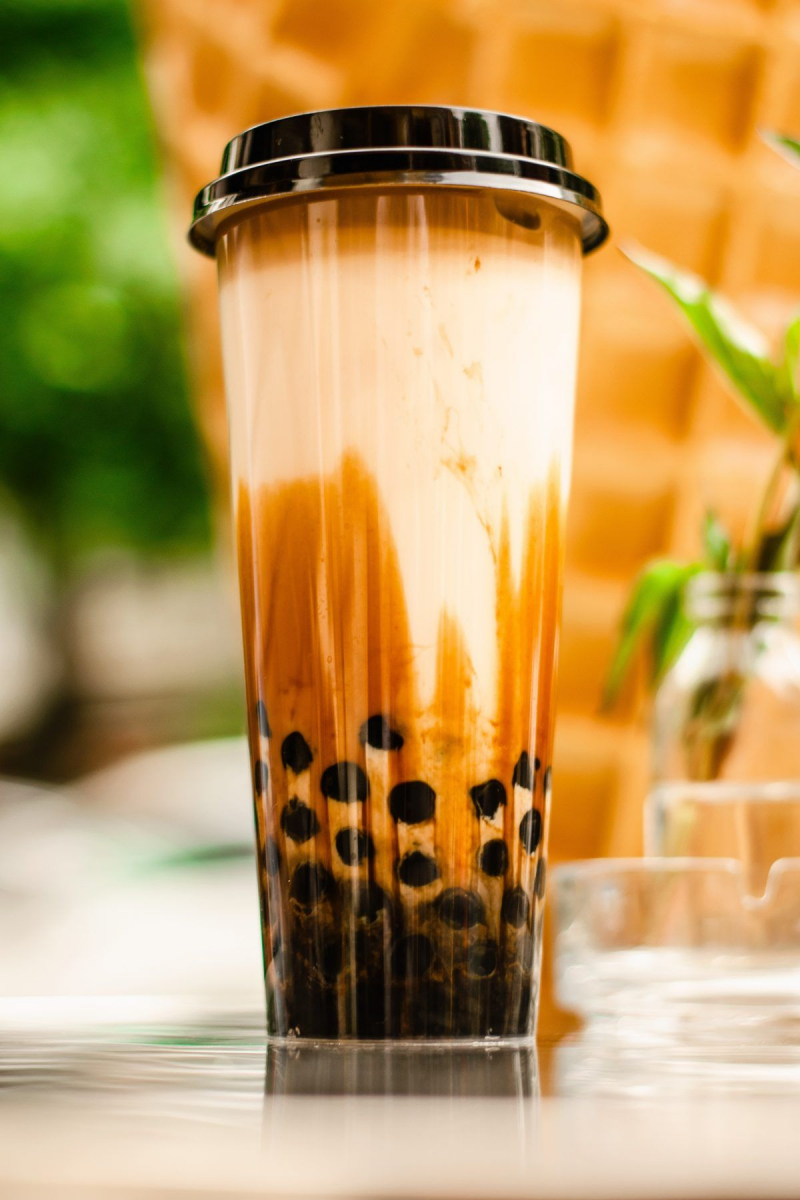
pinterest.com -
Colors have a unique and important meaning in Taiwanese culture, and it is worthwhile to know the symbolism before making choices in gifts, branding, or other interactions. In Taiwan, White symbolizes death and mourning and is a common color used at funerals. A packet of money may be given in a white envelope as a show of sympathy to the family of the deceased. It is not a color for a festive occasion, for gift wrapping, and definitely not for a “get well” present. Red has a particular meaning in Taiwan. Associated with good luck and prosperity, red is a key color used in celebrations. You will see a lot of red around Lunar New Year and wedding ceremonies and gifts of cash wrapped in red envelopes are common for occasions like this.
Purple has a few implications, including romantic love, but also nobility. Also, purple has Taoist symbolism to suggest divinity. Gold is a symbol of nobility and wealth – and for a time was highly popular. However, be very careful with yellows, which can suggest explicit material.
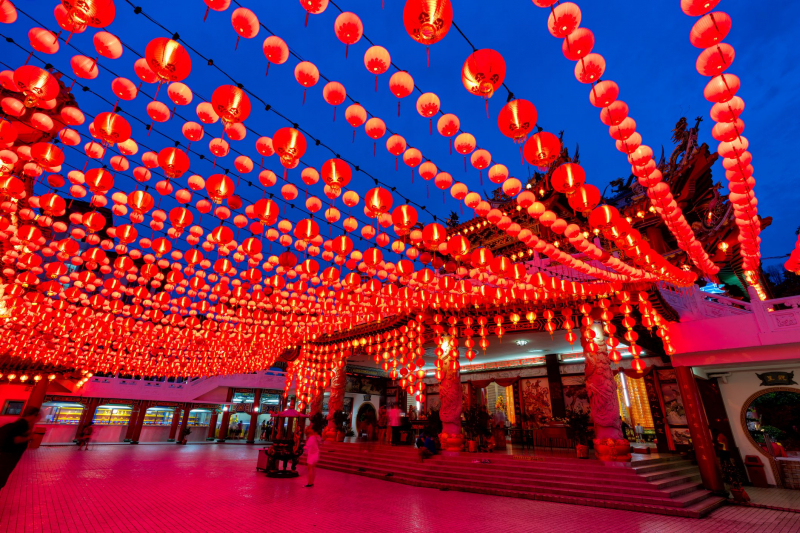
thoughtco.com 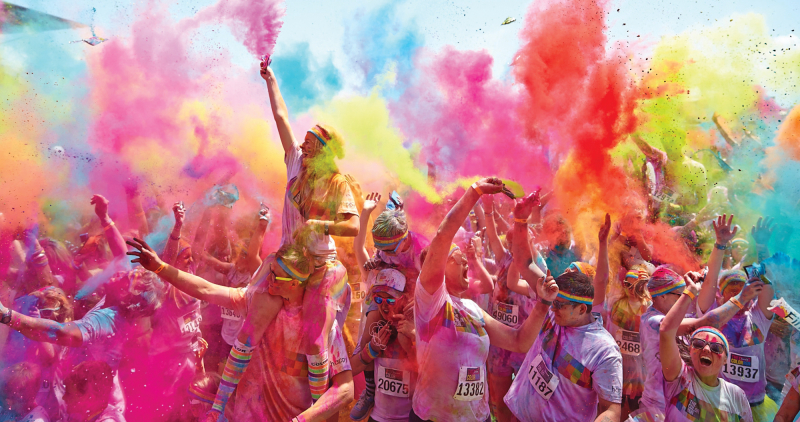
nit.pt -
Another thing about Taiwan you should know is the Umbrella. Taiwanese often carry foldable umbrellas everywhere and with a good reason. The weather can range from cloudless blue sky to torrential downpour in a single day so best to be prepared and pack an umbrella.
Besides, you can decorate the Oil Paper Umbrella - the cultural symbol of the Hakka people! Kuang Chin Sheng Paper Umbrella studio, nestled in Meinong Township, the birthplace of Taiwan’s oil-paper umbrella industry, offers visitors an opportunity to purchase and decorate its freshly-made umbrellas. The painting session takes place in the rustic courtyard of the studio, and is largely hands-on, with the studio employees offering occasional painting tips. You can exercise your creative juices and decorate your umbrella however you want, be it in the traditional illustrations of nature, or in more contemporary designs. Once you are done unleashing your inner artistry, take in the tranquillity that the countryside has to offer as you wait for your designs to dry. Don’t forget to bring the umbrella home after that too!
Furthermore, Taiwan was also the world’s largest umbrella manufacturer from the 1960s through the 1980s, supplying three-fourths of the umbrellas produced worldwide. At the time, hundreds of small companies on the island generated NT$12 billion (US$300 million at the exchange rate then) each year in export revenue. Although rising labor and land costs since the late 1980s have forced the labor-intensive manufacturing sector to move overseas, Taiwanese companies are still active in the industry, overseeing 30 percent of all global umbrella production.
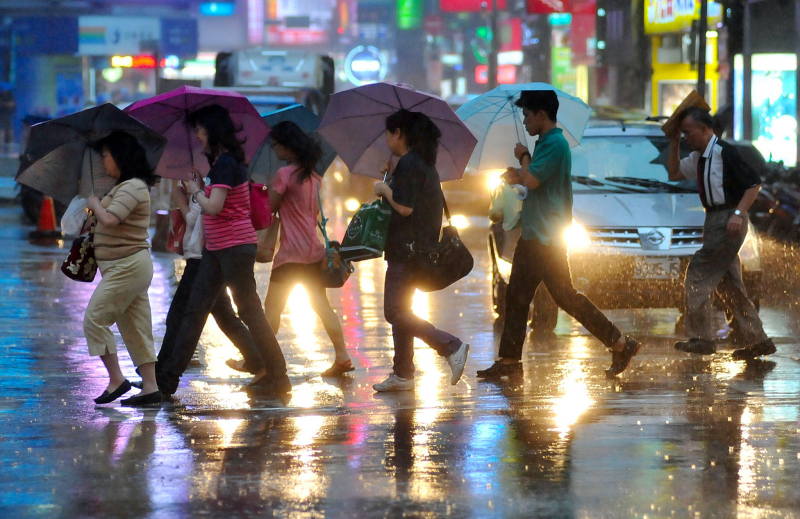
mytaiwantour.wordpress.com 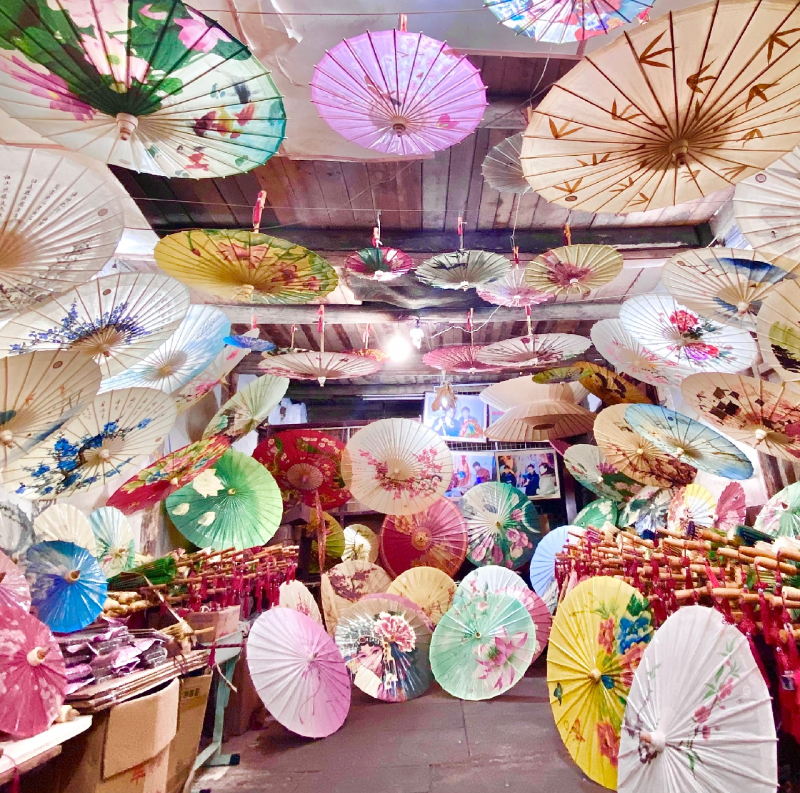
The Oil Paper Umbrella (news.cgtn.com) -
Last but not least, the thing about Taiwan you should know is the Festivals. Every year there are many festivals taking place in Taiwan such as the sky lantern festival, fireworks festival, and fire fishing festival which are very unique, attracting the attention of international tourists. The first festival in Taiwan that you must know about is the Pingxi Sky Lantern Festival. The Pingxi Sky Lantern Festival, held in Pingxi District, Taipei, is the biggest and most unique festival here. The festival is held from February to March every year. The festival space is covered by elaborately decorated large and small lanterns, covering the streets from small to large. Festival-goers release the lanterns into the sky and make wishes.
In Taiwan, there is another special festival that you must definitely participate in, the Balloon Festival. Not only flying in hot air balloons, but people can also participate in other activities. The festival features many exciting activities including aerial art shows, music shows, hot air ballooning, and even hot air balloon weddings to give visitors an unforgettable experience. when participating in the festival.
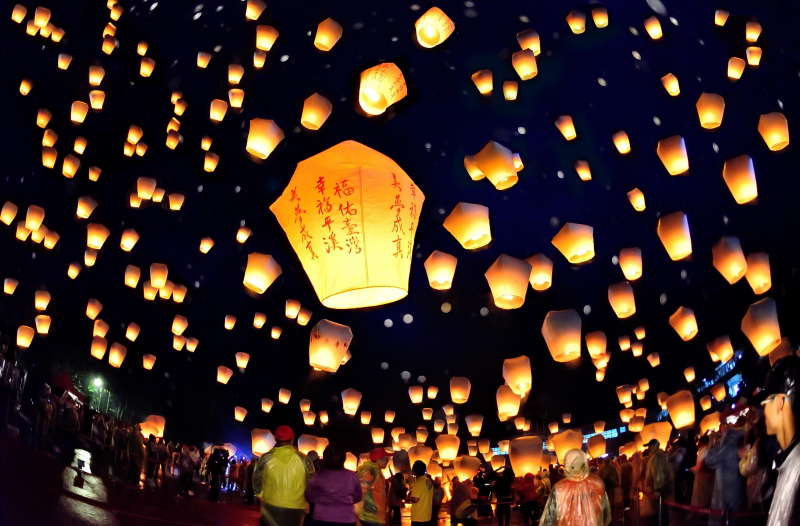
CNN 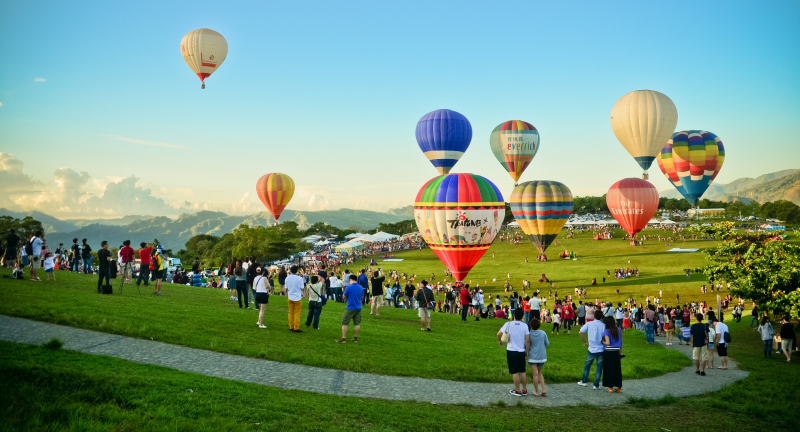
taiwan.net.vn












